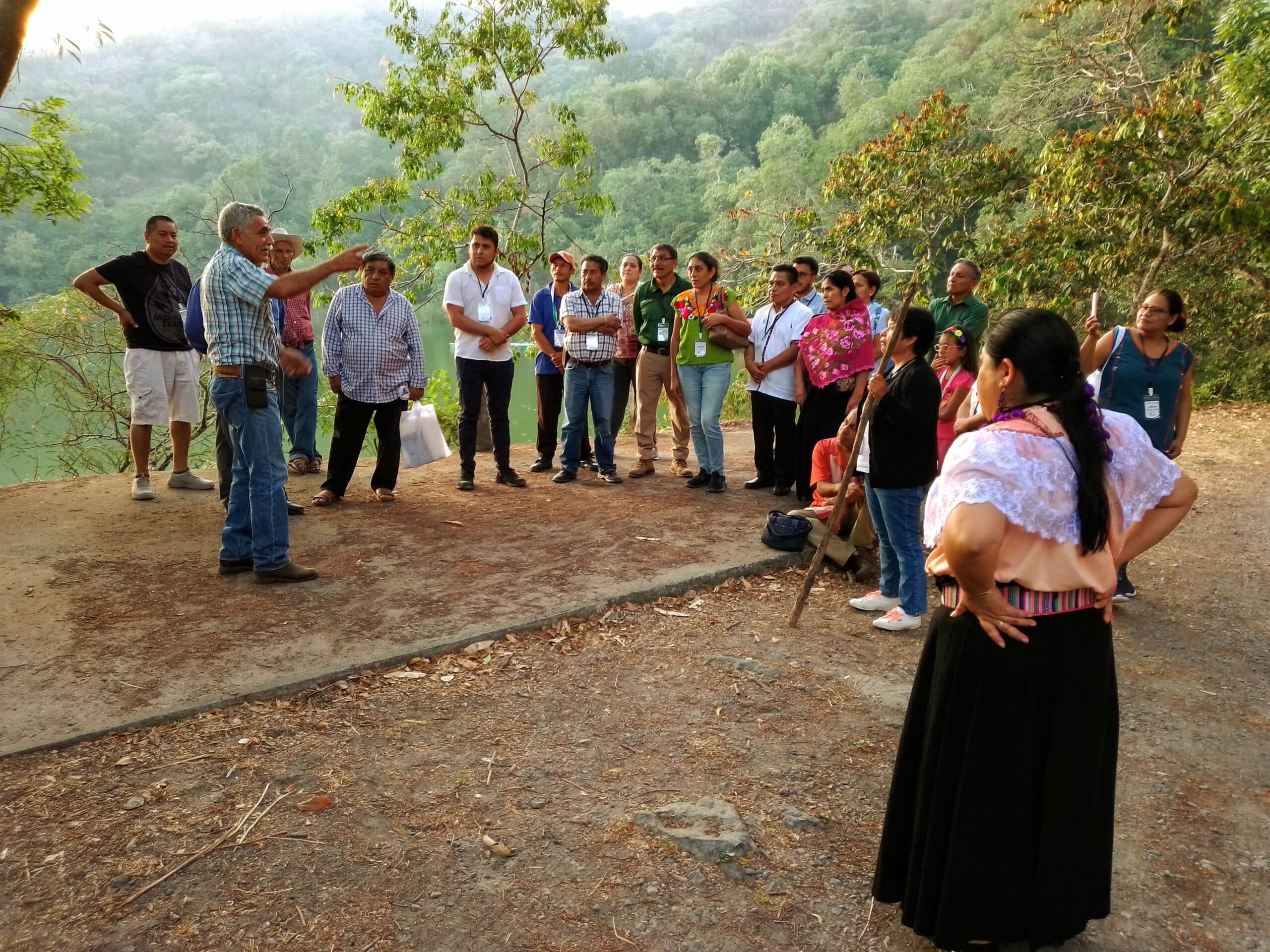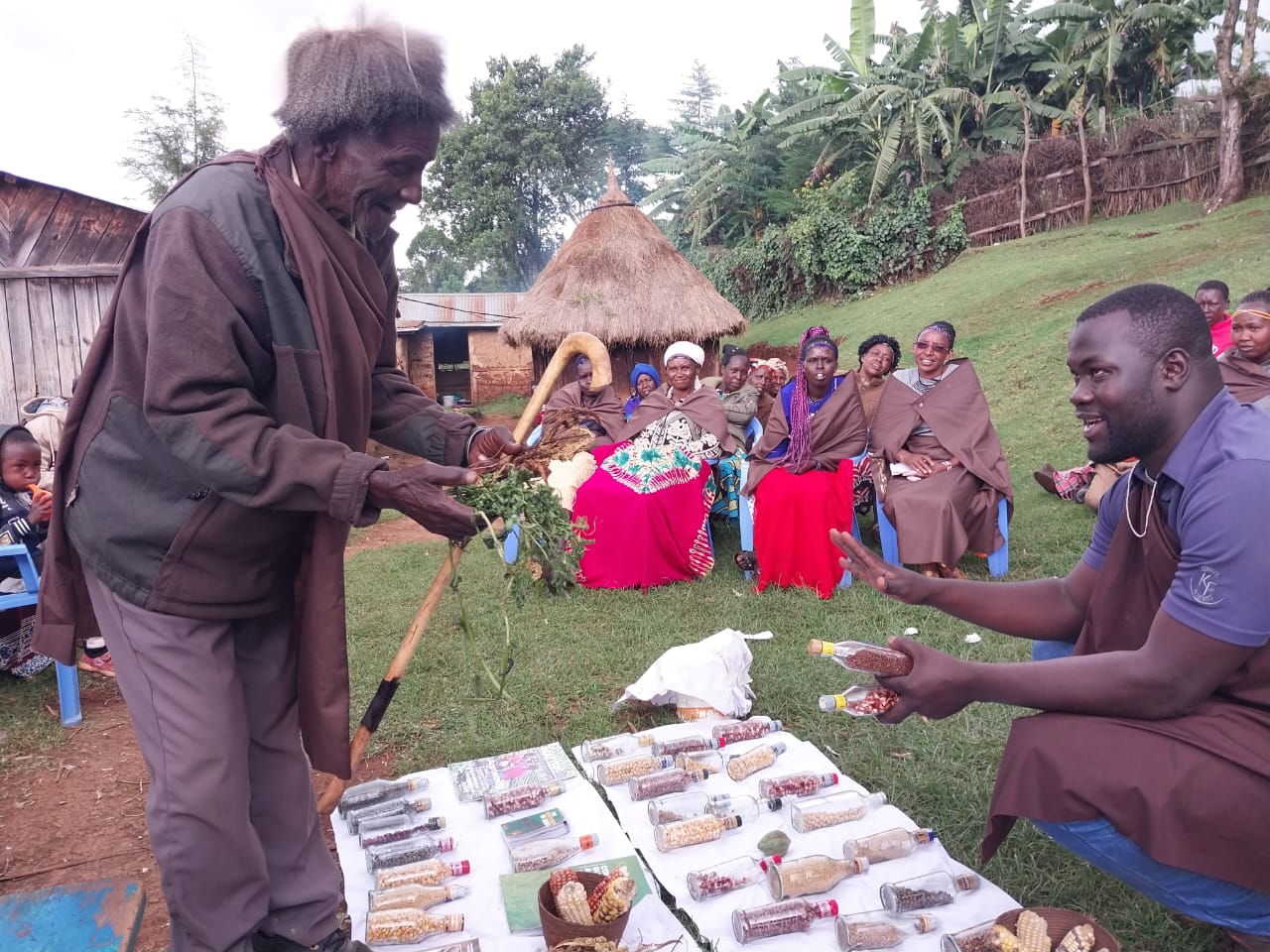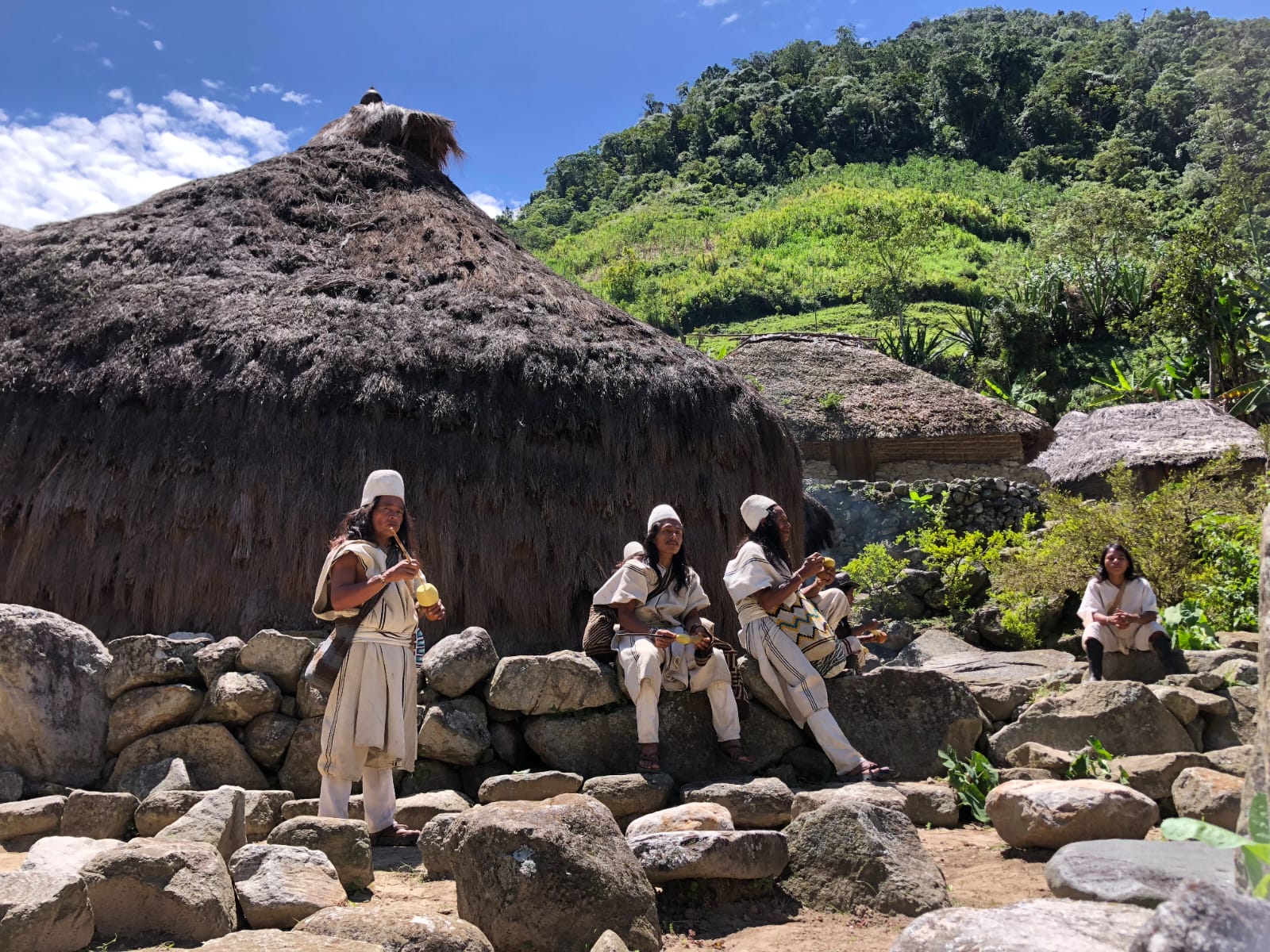14 coal miners, belonging to the Konyak Naga, were shot dead by an army patrol on December 4th in Oting village in the Nagaland State, Northeast India. According to the Indian Army, its troops mistook the civilians for insurgents, but the locals reject this claim. The killing of unarmed villagers has evoked wide protests.
The devastating incident was by far not the first time that Indian security forces have been accused of arbitrarily targeting innocent residents in their operations in the area. Nagaland has witnessed armed conflict since India gained its independence from Britain in 1947. Naga groups have been demanding self-determination and autonomy regarding their homelands, to which the Government of India responded by enacting the Armed Forces Special Powers Act (AFSPA) in 1958. The act grants special powers to the security forces to maintain public order in so-called “disturbed areas”, declared under Section 3 of AFSPA. It protects the soldiers by legitimizing any action they may take, such as the killing of civilians, even by mistake. The act thus violates fundamental human rights and is misused as a repressive tool to discriminate and oppress indigenous peoples in Northeast India. For decades, AFSPA has been a subject of severe criticism by UN bodies, human rights activists and organizations, and called for its repeal.
Land is Life joins the condemnation of the Nagaland killings and supports the demands for the Government of India to take immediate action to repeal the AFSPA. Comprehensive and independent investigations of the incident should be ensured, to punish those army officials involved in the violations, and provide restitution to the families of the victims. We stand in solidarity with the Indigenous peoples of North East India who are tirelessly fighting for justice and human rights.



